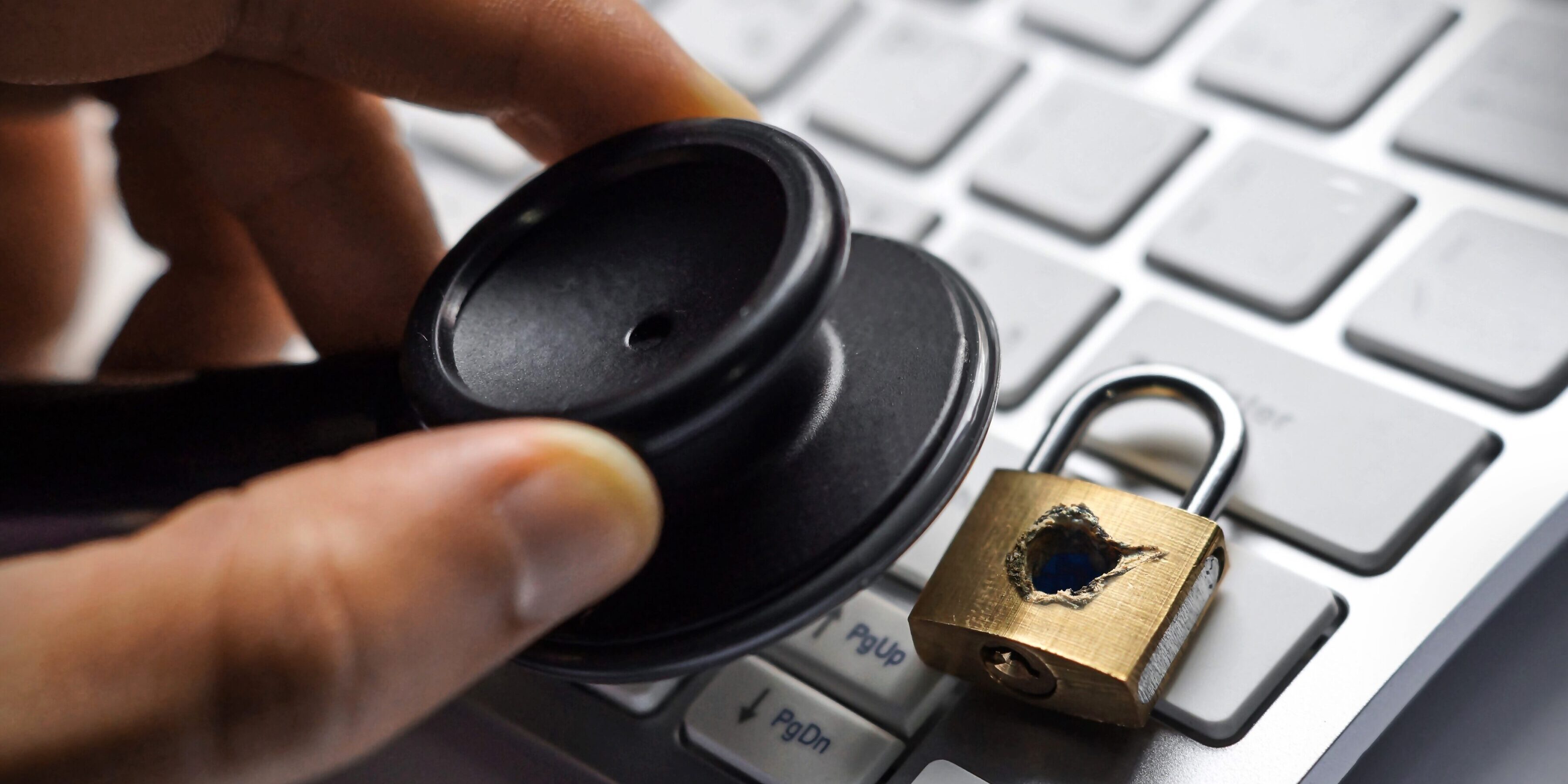
Consequences of a Medical Data Breach for Patients
In healthcare, data security is not just a matter of compliance; it’s a cornerstone of patient trust and safety. As cybersecurity threats escalate, understanding the potential ramifications of a data breach in a hospital setting becomes crucial for those in the cybersecurity and compliance sectors. Let’s review some of the consequences of a medical data breach for patients that extend far beyond mere data loss.
Identity Theft: A Dual Threat to Finances and Reputation
A hospital data breach can lead to the theft of sensitive personal information, such as social security numbers and dates of birth. This opens the door to identity theft, where criminals can create havoc in a patient’s financial life by opening fraudulent accounts or applying for loans. For cybersecurity professionals, this underscores the need for stringent data protection protocols and regular audits to ensure compliance with data protection standards like HIPAA.
Blackmail and Extortion: The Price of Privacy
Sensitive health information is a goldmine for blackmailers. When details of private health conditions are exposed, patients become vulnerable to extortion. Cybersecurity teams must prioritize secure handling of such data, not just to comply with legal standards, but also to safeguard the dignity and mental wellbeing of patients.
The Scourge of Fake Medical Bills and Insurance Fraud
Scammers can exploit leaked medical data to craft fake medical bills or commit insurance fraud. This not only financially burdens patients but also undermines the integrity of healthcare systems. Compliance officers must ensure that hospitals adhere to stringent data privacy laws. Accordingly, cybersecurity teams need to deploy advanced fraud detection systems to combat this.
Phishing Scams: The Art of Deception
With detailed patient information at their disposal, scammers can execute sophisticated phishing attacks. These attacks often masquerade as legitimate communications from hospitals or insurers, duping patients into revealing financial information. Cybersecurity experts must implement robust email filtering and educate patients and staff on the signs of phishing.
Undermining Healthcare: Trust and Treatment at Stake
Beyond the immediate financial and privacy concerns, data breaches can erode the trust between patients and healthcare providers. Therefore, this mistrust can lead to patients withholding critical health information, potentially resulting in inadequate medical care. Ensuring compliance with data security standards is not just a regulatory requirement; it’s essential to maintain integrity and efficacy.
Conclusion
The consequences of a hospital data breach are profound and far-reaching, affecting not just the patients but the entire healthcare ecosystem. For those in cybersecurity and compliance, these scenarios highlight the critical need for robust security measures, regular compliance audits, and a proactive approach to data privacy. Protecting against the consequences of a medical data breach for patients is more than a regulatory obligation; it’s fundamental in preserving trust and safety.
Finally, see GateKeeper Enterprise advanced MFA in action.
Take a self-guided tour of how you can evolve from passwords. Then you're really saving time with automation.




